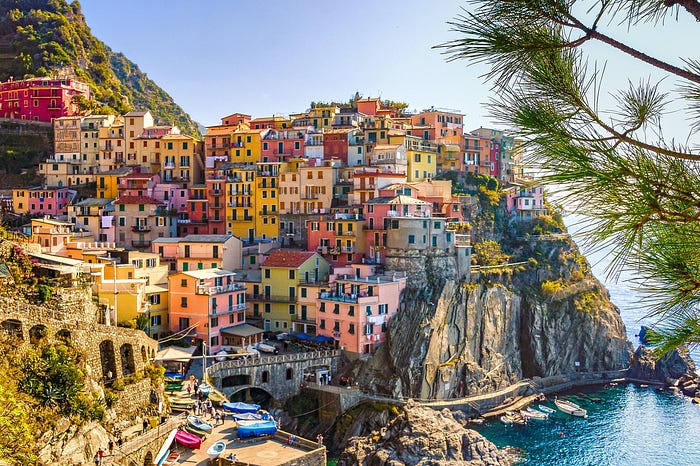Member-only story
Christ stopped at Eboli by Carlo Levi (1963), translated by Frances Frenaye
661.

Amazon review
This wonderful book is about a world that is now dead. Lucania was its ancient name. Then in the middle ages the name was Basilicata. Then it was Lucania again, restored by the Fascists under Mussolini. It’s on the instep of the Italian boot and it was always very wild, with brigands and peasants and a scattering of bureaucrats and aristos on the top.
Into this world came Carlo Levi, a political prisoner sentenced to exile (1935) in the most remote part of Italy “because of his uncompromising opposition to Fascism.” He only spent a year or so in the village, but he got to know the peasants (and their doomed goats) as well as the stuffy aristos and functionaries. His pen portraits of the place, the crowds of malarial children with yellow faces, the fellow doctors who basically knew nothing, the mysterious women with their white veils and black shawls, are all pin-sharp like verbal photographs.
~~~
Carlo Levi was exiled to a desperately poor village called Gagliano (Aliano) in the Apennine mountains. He vividly describes its ravines and punishing steepness — the entire church had just fallen down the mountain the year before he got there in 1935. His exile was quite polite despite the carabinieri in town. Importantly he was recognised as an upper middle class man which meant he could secretly practise as a doctor and an artist and he had licence to cross over into the world of the peasants who were desperately poor and still had to pay taxes to the state.
Levi does his best with his patients: he lets the swarms of children come and bother him and carry his easel and paints for him; he learns magic from one of the women. He nearly provokes a peasant revolt because he isn’t allowed by the local Fascist commander to go and treat a man with appendicitis until it’s much too late. All he has by way of medicine is quinine and morphine.
Some of the men had emigrated to America and made good, but came back because of the 1929 Crash. They are permanently aggrieved. There is just one car in the village — otherwise you have to walk or ride a horse until you get to a station and a slow train northwards.
The peasants don’t think of themselves as Christians. And they are clearly pagan in their magical thinking although they revere the Black Madonna. This is why they say that “Christ stopped at Eboli” — a town on the very north-western edge of Lucania, on the border of their magic-sodden pagan world.
~~~
I only read this book because it was the choice of the Truro Waterstones Book Club — and I’m very glad I did!
~~~
